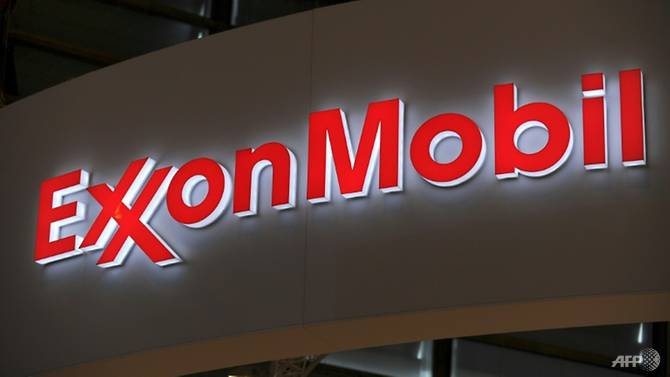ExxonMobil-Vietnam gas project on track for 2019
 |
| US oil and gas giant ExxonMobil. (Photo: AFP/Eric Piermont) |
The gas field lies 88km off Vietnam’s central coast in the disputed South China Sea.
“We are actively involved in trying to progress the largest offshore gas investment ever made in Vietnam,” ExxonMobil Development Company's president Liam Mallon told a business forum on the sidelines of the Asia-Pacific Economic Cooperation (APEC) Leaders’ Week in Danang.
The Blue Whale - or Ca Voi Xanh - gas field has an estimated 150 billion cubic metres of reserves and is scheduled to start production in 2023.
Gas will be extracted from a depth of 1,500m below the seabed, transported onshore through an 88km pipeline to power up four power plants to be built in Vietnam's Quang Nam province.
Long reliant on dirty coal power, Vietnam is trying to switch to cleaner energy sources like gas as well as renewables like solar and wind.
The Blue Whale deal was first announced during then-outgoing US Secretary of State John Kerry’s final visit to Vietnam in January.
ExxonMobil says a final investment decision could happen in 2019 but before that, specific agreements are targeted by the end of the year.
“We’ve made a lot of progress and there’re specific agreements that we still need to be put in place," said Mr Mallon. "The goal is to have those agreements in place before the end of the year hopefully, and that will allow us to enter what we call the front end engineering stage of the project.”
China has not spoken out specifically on the project, although it has cautioned foreign companies against drilling in contested waters.
Another oil exploration project between Vietnam and Spanish firm Repsol, also in the South China Sea, was suspended earlier this year under what experts said was pressure from Beijing.
What the stars mean:
★ Poor ★ ★ Promising ★★★ Good ★★★★ Very good ★★★★★ Exceptional
Latest News
More News
- Businesses bouncing back after turbulent year (February 27, 2026 | 16:42)
- PM outlines new tasks for healthcare sector (February 25, 2026 | 16:00)
- Ho Chi Minh City launches plan for innovation and digital transformation (February 25, 2026 | 09:00)
- Vietnam sets ambitious dairy growth targets (February 24, 2026 | 18:00)
- Masan Consumer names new deputy CEO to drive foods and beverages growth (February 23, 2026 | 20:52)
- Myriad risks ahead, but ones Vietnam can confront (February 20, 2026 | 15:02)
- Vietnam making the leap into AI and semiconductors (February 20, 2026 | 09:37)
- Funding must be activated for semiconductor success (February 20, 2026 | 09:20)
- Resilience as new benchmark for smarter infrastructure (February 19, 2026 | 20:35)
- A golden time to shine within ASEAN (February 19, 2026 | 20:22)















 Mobile Version
Mobile Version